The internal communications team at Riot Games were hard at work once again.
CEO Nicolo Laurent had said during an Unplugged bi-weekly meeting that having children was a solution to the lack of social interactions caused by the COVID-19 pandemic. Laurent, sitting in his bright colored room with a VALORANT cap on his drawer, began his pre-recorded apology while members of the internal communications team at Riot helped him prepare.
“To be honest, I felt bad even during the presentation — and after Unplugged I didn’t stop to think about what that joke could’ve been feeling for many of you and how it could’ve been interpreted,” he said. It was another misstep for the CEO of a company embroiled in controversy the past few years.

Riot Games has been reckoning with claims of discrimination and harassment of women and other employees since a 2018 investigation by Kotaku revealed the game developer’s toxic “bro culture.” The fallout has included mandatory training for executive-level perpetrators, lawsuits by former employees and, despite some improvement, continued mistakes at the top level of the company.
Laurent has made similar inappropriate comments in the past, according to sources close to Upcomer. His story, and that of others on the Riot executive team, shows how complex the League of Legends and VALORANT developer’s path toward a better workplace has been. From a 2019 walkout by Riot employees to protest the developer’s forced arbitration policy in discrimination and harassment cases to ongoing litigation and a class action lawsuit, a pall still remains over the company.
Over the course of a five-month investigation, Upcomer spoke to seven current and former Riot Games employees, most of whom confirmed the company culture has improved in some respects. However, one former Rioter that worked at the company for several years said the developer is “still a boys club” and the leaders “remain protected.”
Laurent, a figurehead for the game developer, had an 87% approval rating in the most recent company-wide satisfaction survey. Yet some of the leaders that were involved in the highly publicized gender discrimination and harassment allegations are still at the company, such as Head of Publishing Jin Oh and Chief Operating Officer Scott Gelb.
Upcomer found there were several investigations at Riot Games over the past few years. Oh was formally investigated internally for gender discrimination, while Laurent was under investigation for gender discrimination and harassment earlier this year, prompted by former employee Sharon O’Donnell.
In addition, Upcomer can confirm the special committee that acquitted the CEO of all accusations in March, which considers itself unbiased, consists of several directors at Tencent, the owner of Riot Games, with Professor of Business Administration at Harvard Business School Youngme Moon serving as an outside voice, as first reported by Kotaku.
Inside Riot Games today
Upcomer found the company had undergone significant shifts at the junior to mid level in particular, with new employees bolstering an inclusive and diverse environment. But those employees embroiled in gender discrimination controversies at the company remain to this day. In particular, Upcomer found that Oh has had several allegations of gender discrimination made against him.
Oh would often shut out specific women from different projects, one former Rioter, who spoke under the condition of anonymity for their own protection, said. Oh, alongside the rest of the executive team, retains “the freedom to act however they want at the highest level,” the former Rioter claimed.
Riot knew of incidents involving Oh from as far back as 2014, according to former employee Melanie McCracken. She said that he would “‘feel weird having a male’ in such a role,” in regards to ensuring women become executives at the company, as first reported by Wired journalist Cecilia D’Anastasio.
These allegations were investigated, according to one Rioter, which the company later confirmed.
While one former Rioter and a separate source with knowledge of the situation said they believe there was enough evidence to remove Oh from the company, Riot disagreed. Riot Games said Oh underwent an internal investigation but was not found to have discriminated against women at the company.
“The claims regarding Mr. Oh were thoroughly investigated and were not substantiated,” a Riot spokesperson said.
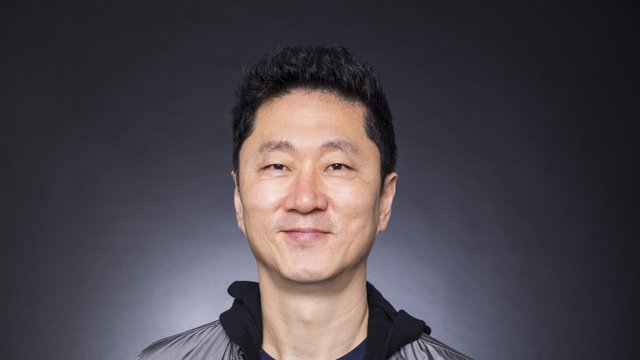
After several years with the company, Oh is set to leave Riot in July. His leave, Riot said, is due to family needs and does not mention the claims of gender discrimination, sources said.
Separately, there was another unnamed member of Riot that acted “overly aggressive” and “threatening,” to Oksana Kubushyna, the Vice President of Entertainment Operations at Riot, she said. This was not investigated, however, according to another source.
“That leader was in a prominent position and very respected by the senior-most leaders at the company. His approach made me question my own capabilities and whether my opinion mattered,” Kubushyna said in an email.
“At the same time, I believe he was well intentioned and unaware how his style was impacting those around him. I attempted to reconcile things with him and also provided feedback to senior leaders about my experiences. I felt very supported and understood by the company (HR, my manager, the CEO) when I brought up my concerns, and they provided that leader with feedback.”
Kubushyna said Riot has made significant changes to the level of diversity and inclusion at the company in recent years. The amount of women in leadership roles has drastically increased during the past few years at the company, for example, Kubushyna said.
Riot also formulated an initiative around two to three years ago that pushed for diversity in leadership roles. Riot introduced a Slate Diversity Initiative to improve the diversity of the leadership team, Angela Roseboro, the Head of Diversity and Inclusion at Riot said.
The senior leadership team, however, consists of 40% women. In a broader scope, the amount of women that work as directors or above is around 30%, a Rioter told Upcomer.
“I do feel like on that leadership team I am heard,” she said.
One of the most important external initiatives Riot pushed occurred following the death of George Floyd on May 25 last year. Roseboro said she asked the company for $2 million to donate to game developers of color. But Riot provided Roseboro with $10 million to give to underrepresented minorities and women in the video game community, she said.
An anonymous survey of Riot employees finalized at the end of May, according to a source, also indicated a sense of positivity about the direction of the company. The survey showed a 90% overall satisfaction rating with the company by current employees, and 87% voiced they were “proud of working at Riot.”


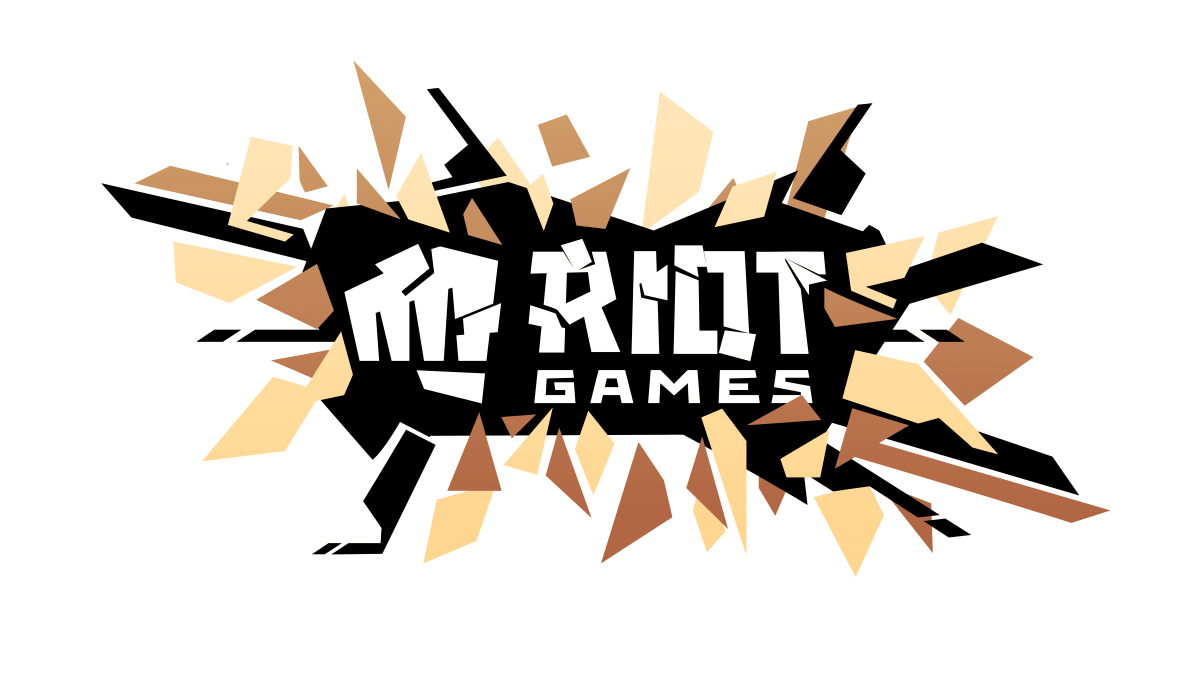
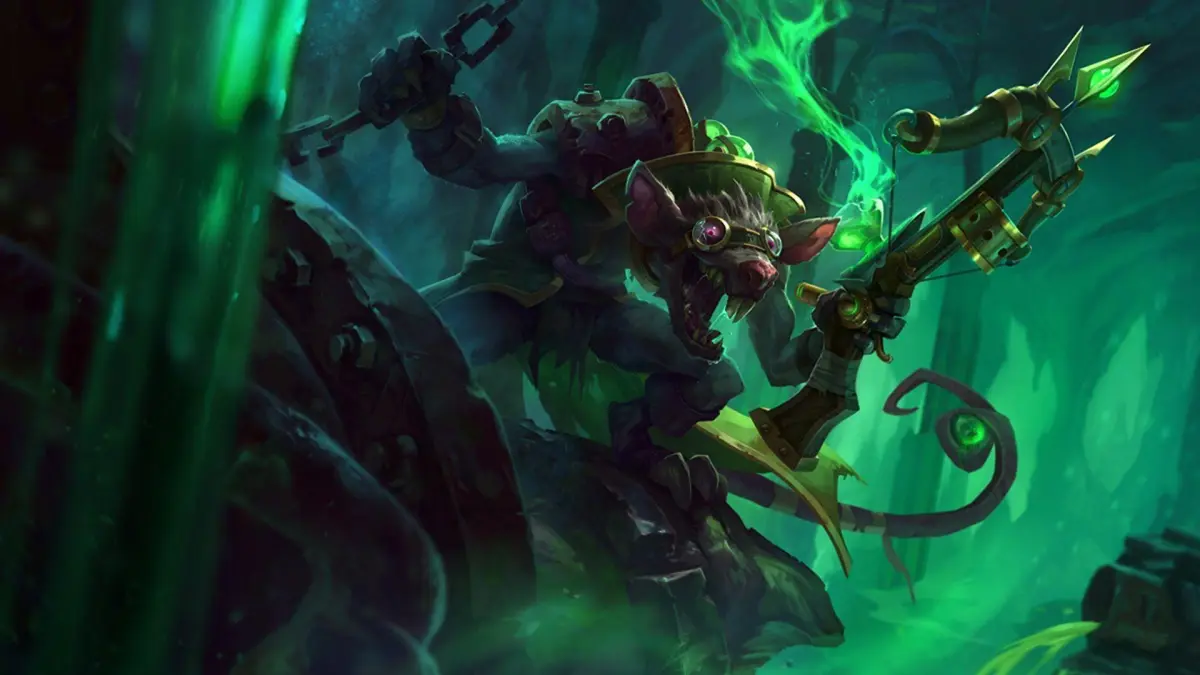
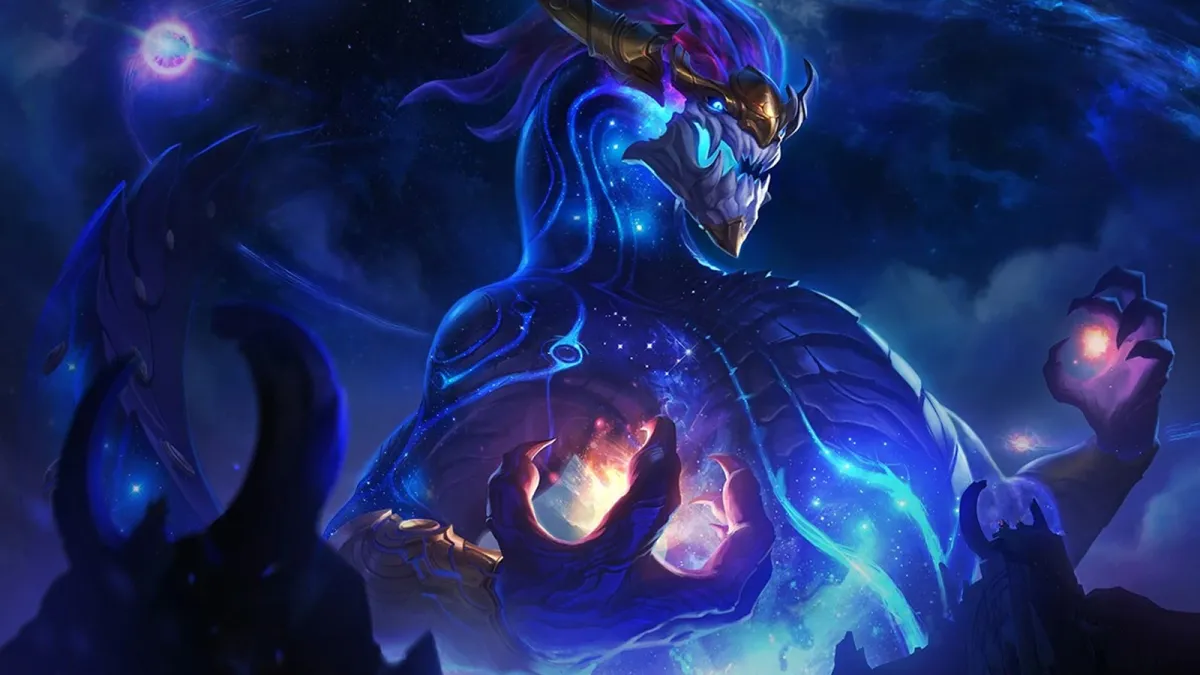
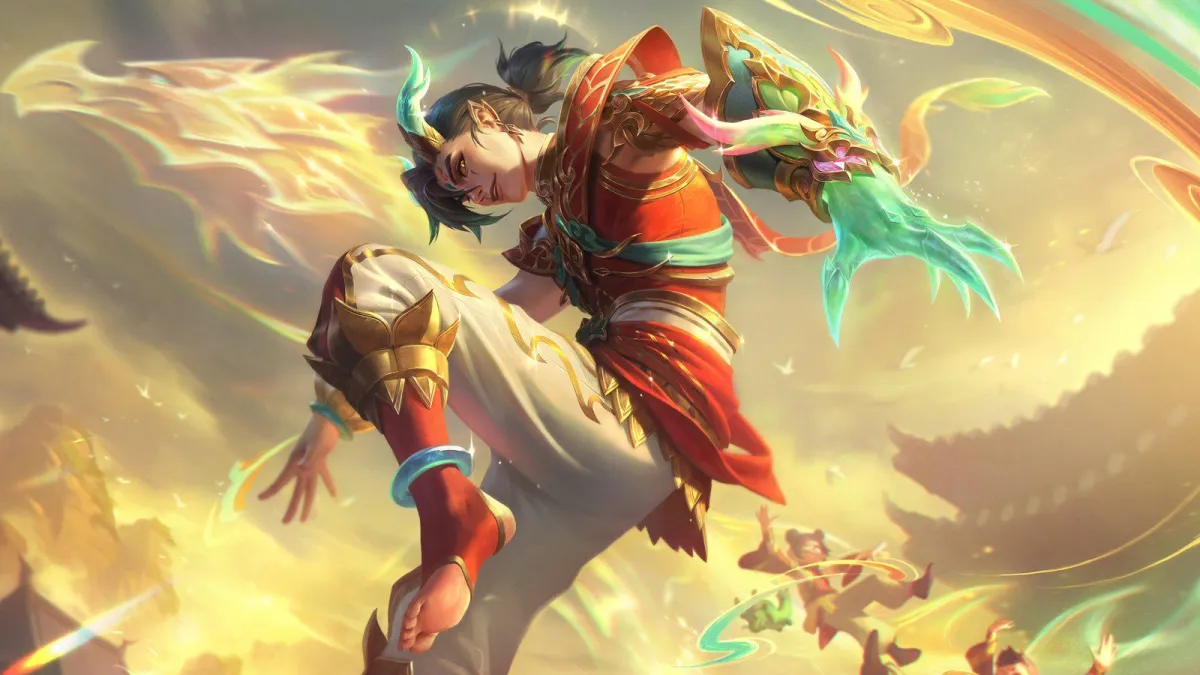
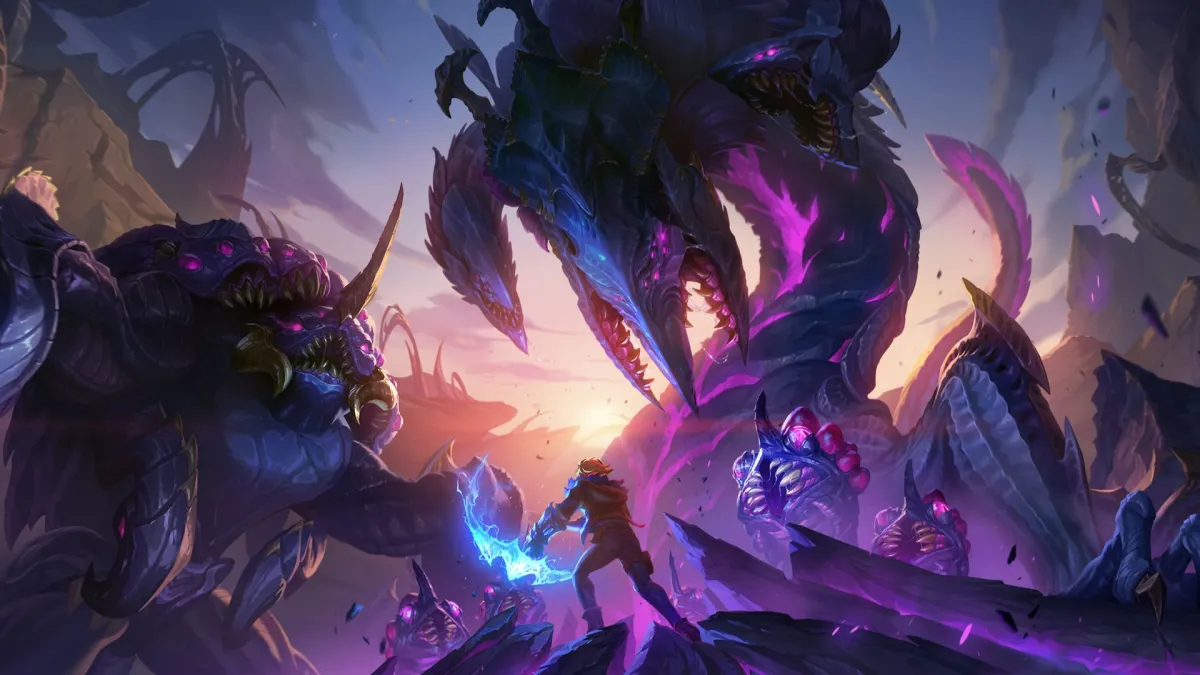
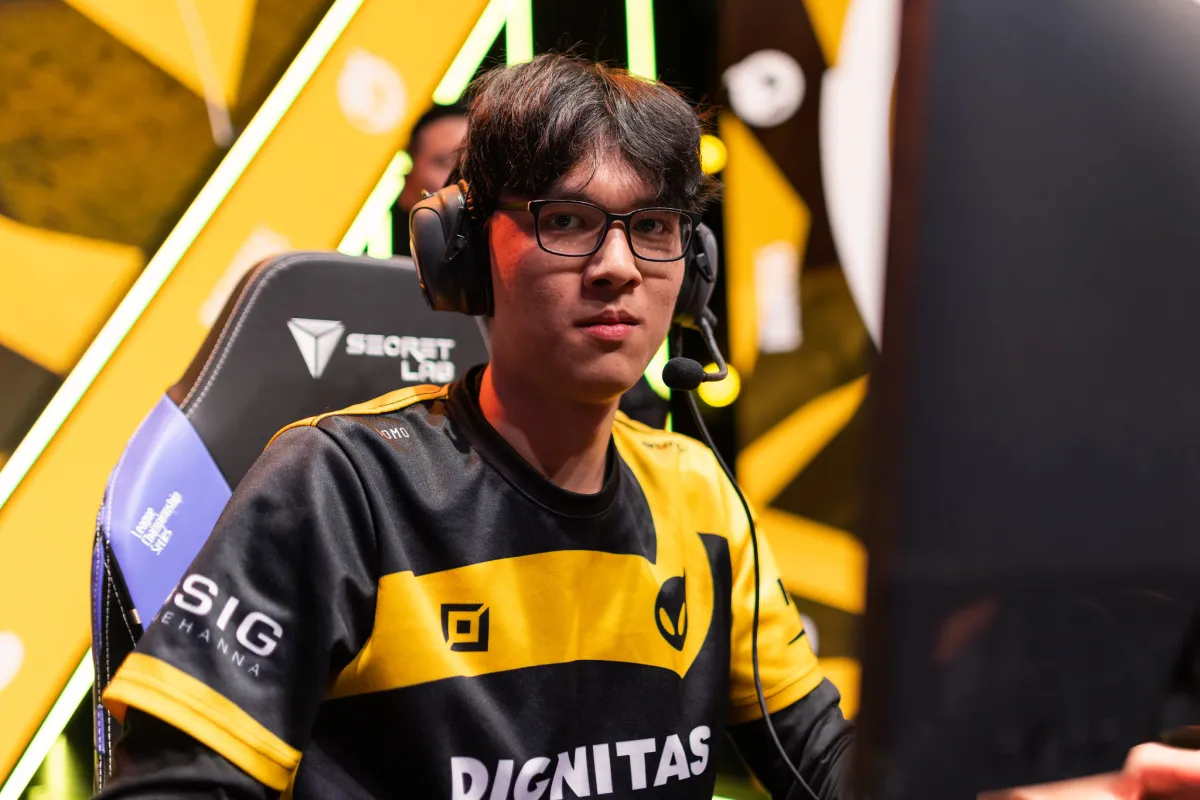
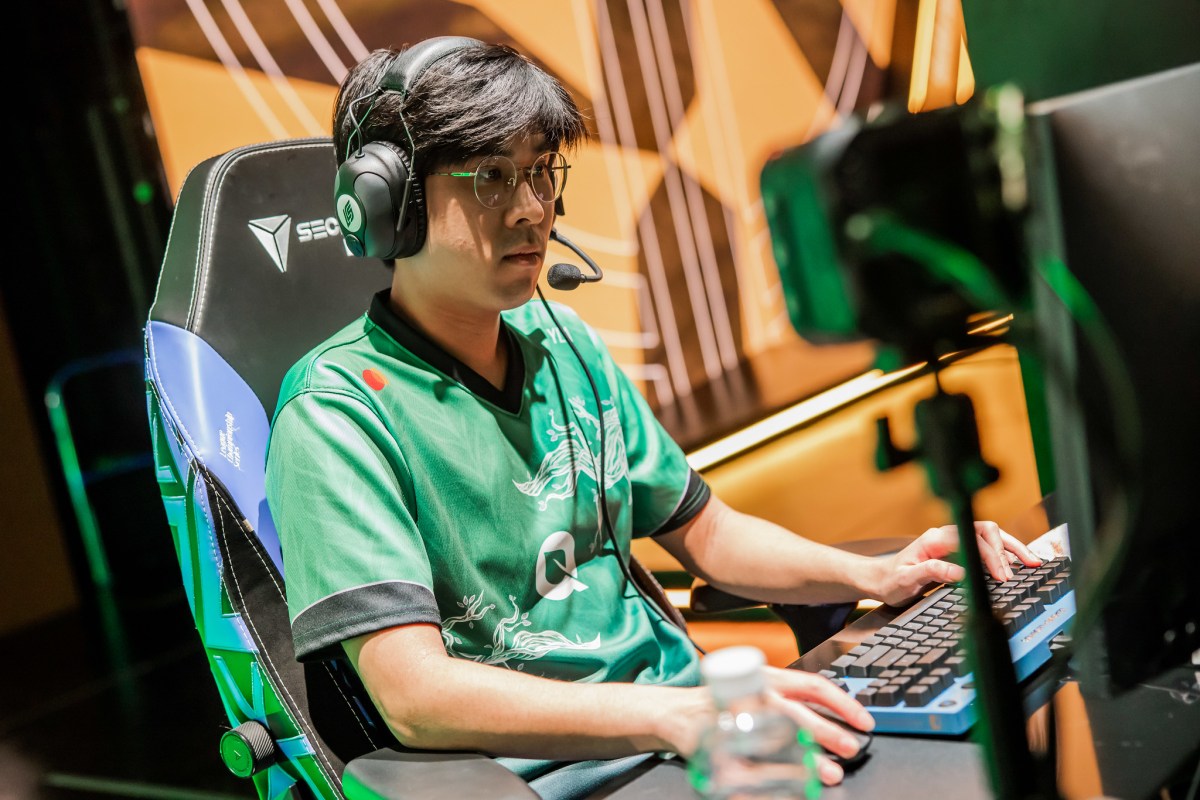

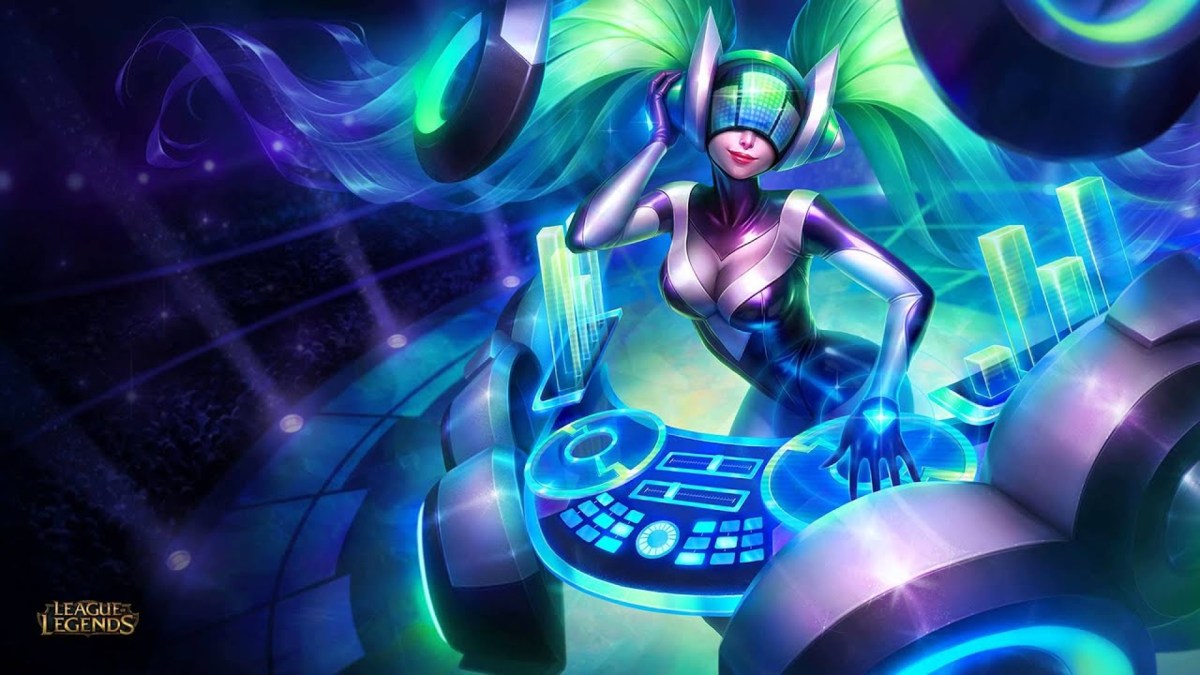


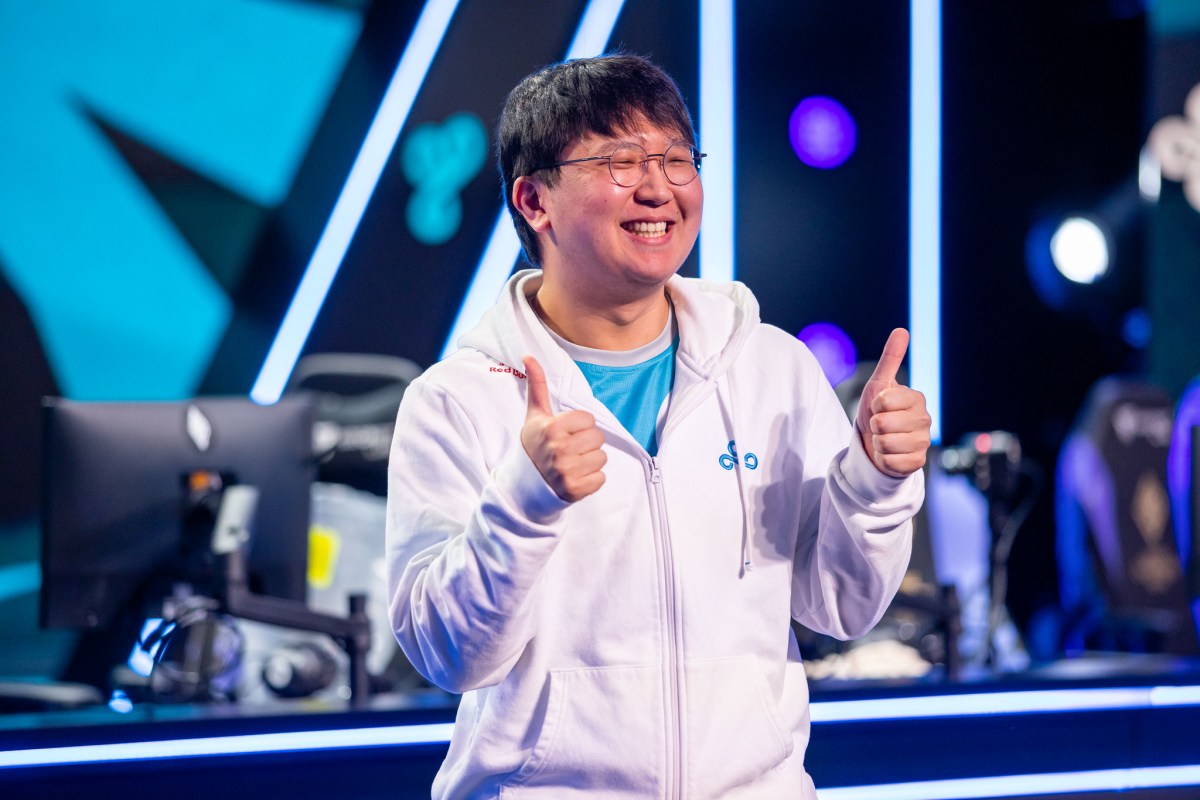

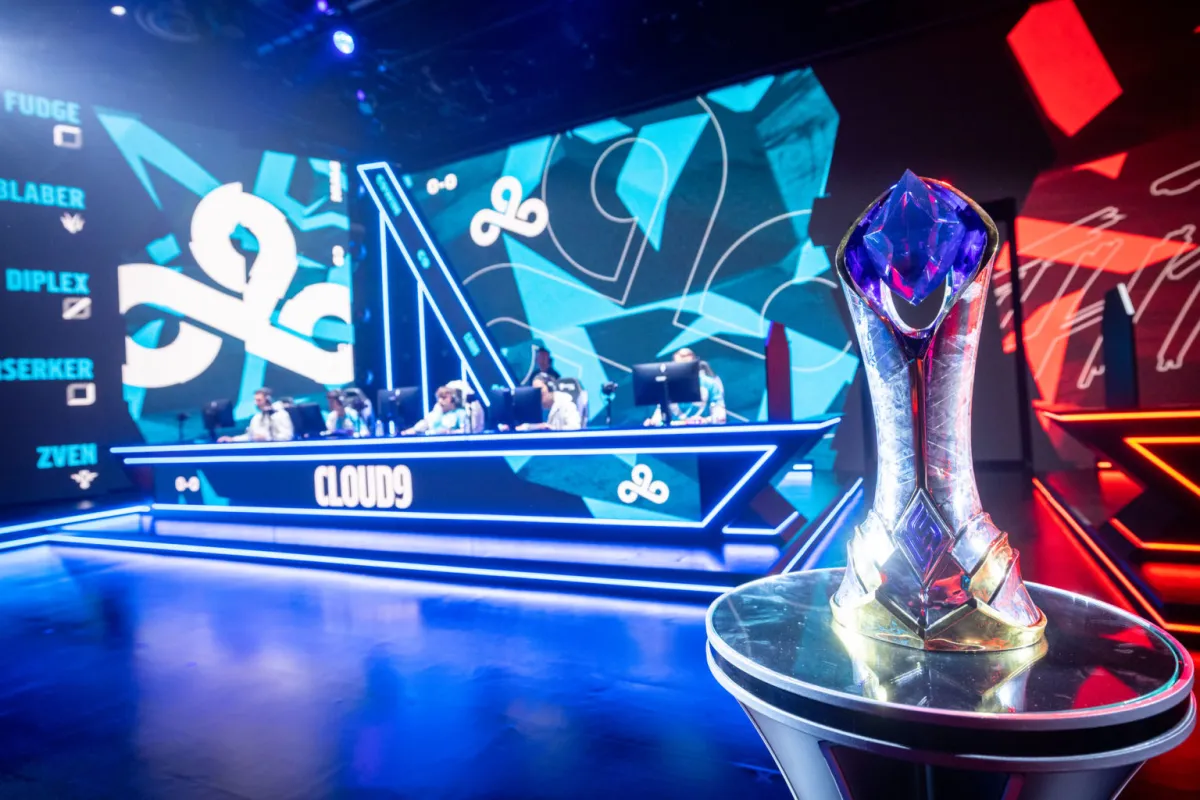

Published: Jun 2, 2021 04:00 pm